
The Key to Healthy Aging
September is nationally recognized as healthy aging month, a time to focus on encouraging personal responsibility for health and well-being in all dimensions of life (physically, socially, mentally and financially). There may not be a tangible fountain of youth that promises eternal life and continuous health, but we hold more power than we may realize in the daily choices we make and the habits we adopt and maintain throughout our lives.
Living an active and balanced lifestyle that includes a combination of aerobic, muscular strength, and flexibility exercises helps ward off a range of diseases, slows the rate of muscle tissue loss and improves activities of daily living. Here are some of the cardiovascular and cognitive benefits that come with living a healthy lifestyle.
The Cardiovascular Benefits
The heart and lungs naturally experience a reduction in efficiency and strength over time; this is especially true in sedentary populations. With advancing age, the heart must work harder to accomplish the same amount of work, both at rest and during activity. Resting heart rate also declines at a rate of one beat per minute each year (Murray and Kenney, 206). Similarly, the lungs lose some of their ability to supply adequate amounts of oxygen to the working tissues and organ systems. Regular exercise, however, helps increase systemic blood flow and oxygen supply.
Becoming and remaining physically active and incorporating aerobic exercise (walking, aquatics, cycling, etc.) can lower and control blood pressure, which reduces the overall stress on the heart. Activity also can help lower cholesterol levels and prevent atherosclerotic build up in the arteries. Further, individuals who remain active reduce their risk of all-cause mortality and premature death from preventable diseases. So, while you may not be able to outlast Father Time, you can certainly walk far enough ahead that it makes it difficult for him to catch you.
The Cognitive Benefits
The brain is a truly remarkable puzzle. In fact, modern medicine could study the brain indefinitely and still not learn everything there is to know about its mysterious network. The brain is continually changing in size and functionality. Typical age-related changes include a decrease in brain weight and size (not significant, but still a reduction), network size and blood supply. The aging brain also experiences memory loss, a decrease in inductive reasoning skills and mental acuity, a decrease in spatial awareness and the development of balance issues.
No one is immune to changes in the brain, but exercise and physical activity (along with proper diet) significantly slows the rate of cognitive dysfunction. Think about it in these terms?what′s good for the heart, is also good for the brain.
Overall, exercise improves memory, enhances thinking and problem-solving skills, boosts brain supporting hormones, enhances blood and oxygen flow to the brain, acts as a natural anti-depressant and stress reliever, and it improves focus, allowing you to concentrate on difficult or challenging tasks. In short, keep on your toes to keep the mind sharp.
The Truth of the Matter
Exercise is and will always be one of the primary keys to living well across the lifespan. We cannot stop or reverse the circle of life, but we can influence how we experience that journey. And it′s never too late to start making healthy choices to better your future.
Related News

10 Surprising Things That Can Cause You to Lose Muscle
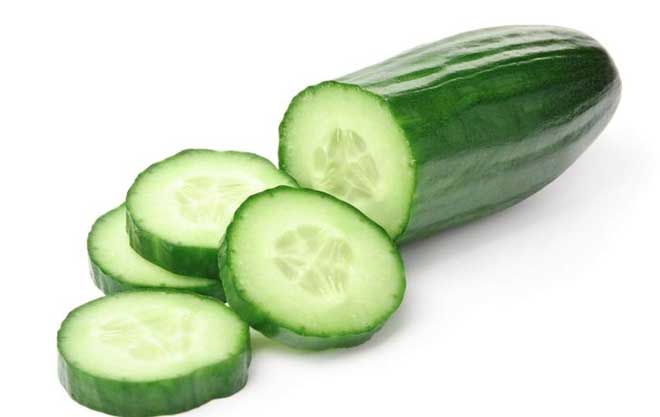
Stop Lusting For a Radiant Skin Possess it with the Help of Super Foods
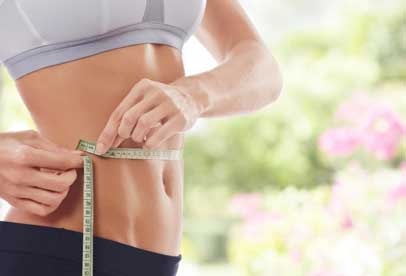
How to Lose Weight Fast: 3 Simple Steps, Based on Science
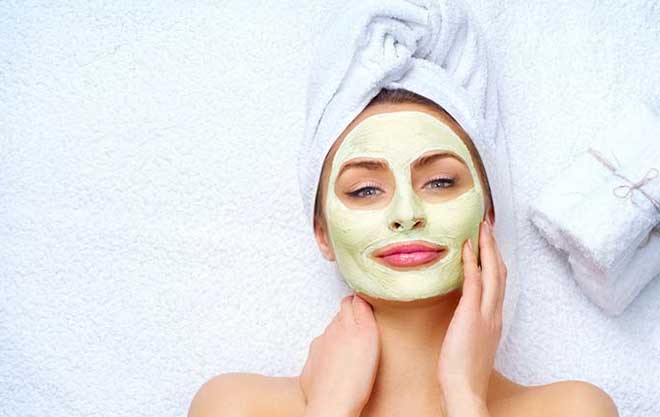
Learn How To Do Pearl Facial At Home To Get Naturally Glowing Skin Instantly

Know why milk should be a part of your beauty regimen
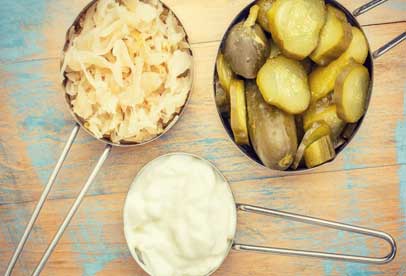
7 Must-Eat Fermented Foods for a Healthy Gut

Man has lived with giant neck for 13 years after going to doctors for help
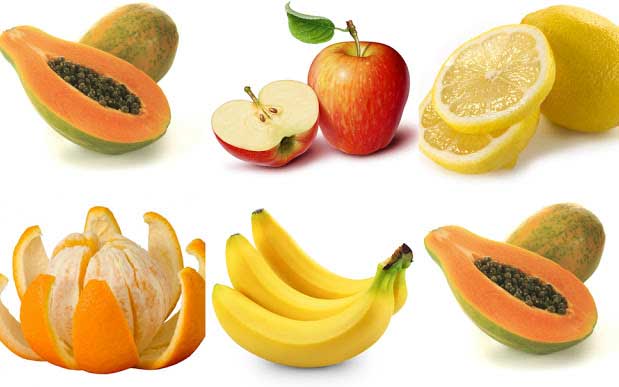
Top 5 foods for glowing skin
Most Read
★Carbohydrates and sugars
★Fasting might be good for your healh, research says
★5 surprising beauty benefits of amla
★Making handloom accessible
★WHO says strawberries may not be so safe for you
★Is This the Best Diet for Post-Menopausal Women?
★5 Dairy-Free Cheese Options Worth Trying
★Healthiest Foods For Women
★How to Make Elderberry Syrup
★How you should wash your face?
★10 Healthy Twists on Classic Diner Dishes
★Tips to Even your Skin Tone Naturally
★Research reveals surprising health benefits of chewing your food
★Surgery addict rushed to hospital after his body REJECTED his new nose
★What dangers are hidden in your pillow?
★Healthy food that tastes good too
★Skin tone linked to fruit and vegetable consumption
★Expert reveals the snacks you should eat, according to your body type
★Daily consumption of tea protects the elderly from cognitive decline
★Why most people use emotional words to persuade others
★3 Must Try Face Yoga Exercises For Glowing Face
★9 Simple Yoga Asanas & Tips for Weight Loss
★Humans evolved to benefit from fermented foods
★6 Best Oils for a Naturally Clear and Glowing Skin
★Mans lips exploded after he became 'addicted' to fillers
★Correlation Between Almonds and Weight Gain
★Yoga Heals More than Just Your Body
★Top 10 Fruits To Eat To Lose Weight Quickly
★Eat more fruit and veg for a longer life
★Cooking in aluminium pans may be dangerous for your health
★Breathe Right to Live a Healthier and Better Life
★Top Foods for Calcium and Vitamin D
★12 Benefits of Hair Spa Treatment
★Could laser hair removal give you CANCER?
★The health benefits of popular foods
★6 Fantastic Yoga Asanas That Will Help You Fight Skin Problems
★Eating Carbs and Fats Before a Workout? Read This
★Teenagers use social media posts to appear attractive to friends
★A Beginners Guide to Sun Salutations
★Can high heels give you cancer?
★5 Common Mistakes that May Ruin Your Skin
★How to exercise outdoors, when the smogs a killer
★Cancer warning over skin bleaching treatment
★5 Yoga Poses that Can Give You a Glowing Skin
★Hair removal injuries rocketed NINE-FOLD since 1991
★Whole-body vibration may be as effective as regular exercise
★How To Achieve The Perfect Nail Shape
★How your make-up bag could wreck your health
★Fresh fruits and veggies arent always healthier than frozen, scientists say
★Natural Ways to Remove Blackheads on Face and Nose
